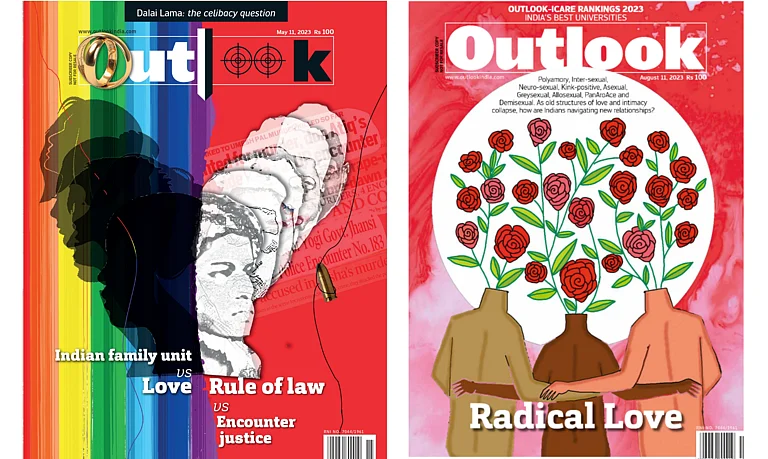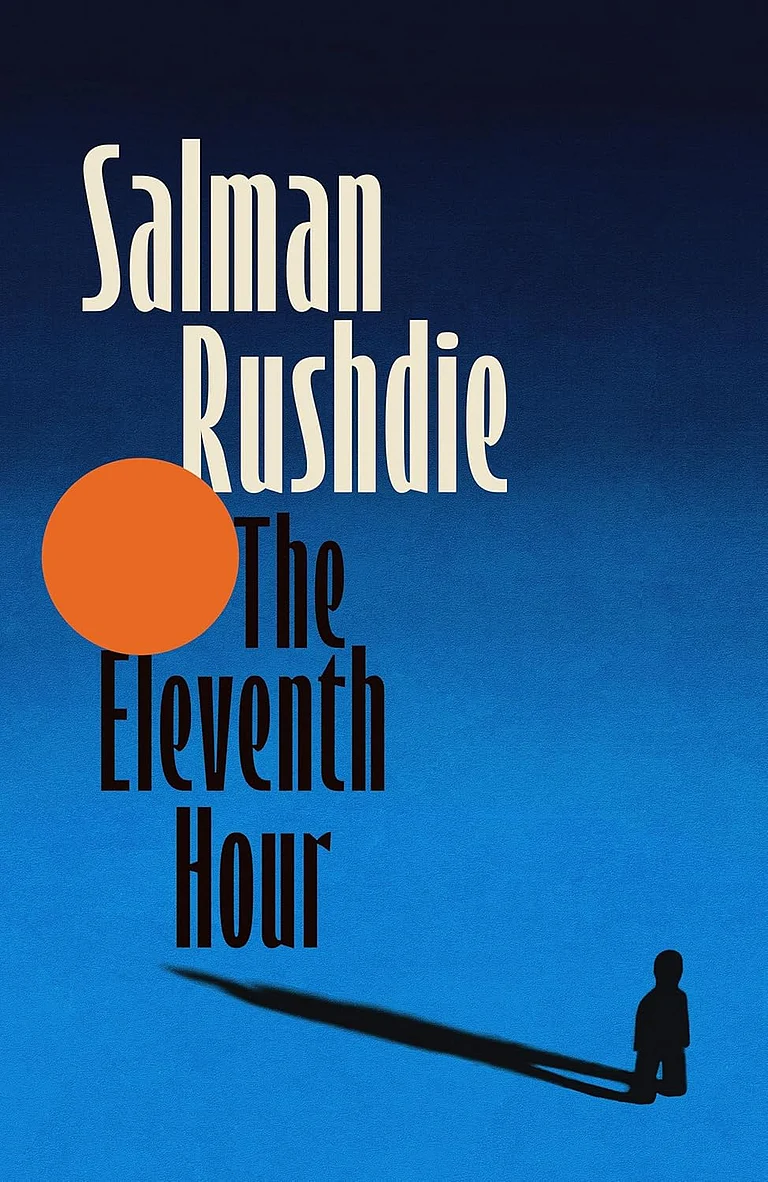To read in-depth articles from Outlook's 'Shame Salman Rushdie' Issue dated September 5, 2022 click here.
The Delhi Court has overturned the ban on British author Salman Rushdie’s controversial novel, The Satanic Verses after authorities failed to produce the original notification banning it when hearing a petition challenging the ban. The HC said the notification must hence be presumed non-existent.
In 1988, the Congress government under Prime Minister Rajiv Gandhi had imposed a ban on the import of the book after members of the Muslim community raised objections, claiming that it was blasphemous and offensive to the Islamic faith.
Rushdie had responded to the ban saying the book wasn’t actually about Islam, but about “migration, metamorphosis, divided selves, love, death, London and Bombay.”
The book was also banned in several other countries, including Pakistan, Saudi Arabia, and Egypt, and Iran's Supreme Leader at the time, Ayatollah Ruhollah Khomeini, issued a fatwa ordering Muslims to kill Salman Rushdie.
In September 2022, Outlook released an issue titled ‘Shame Salman Rushdie’ after he fell victim to a stabbing in New York. The issue spoke about how the world was becoming a more intolerant place, especially for creative people who push the envelope in their relentless search for universal truths.
A story by Dr Khalid Mir discussed the infamous fatwa by the Iranian leader and how it morphed Rushdie into a purveyor of socio-political conflict and a catalyst for Muslim radicalisation.
While in another story, a reflection on Salman Rushdie's The Satanic Verses, Nizam Pasha, a Delhi-based lawyer, argued that the debate should not focus on glorifying Rushdie’s artistic freedom, but on whether his actions warranted legal accountability.
Ashutosh Bhardwaj wrote that while writers have the right to be irreverent, others have the right to feel offended and express their hurt. The issue becomes complex when laws are used to prosecute authors for writing deemed offensive or obscene.




























